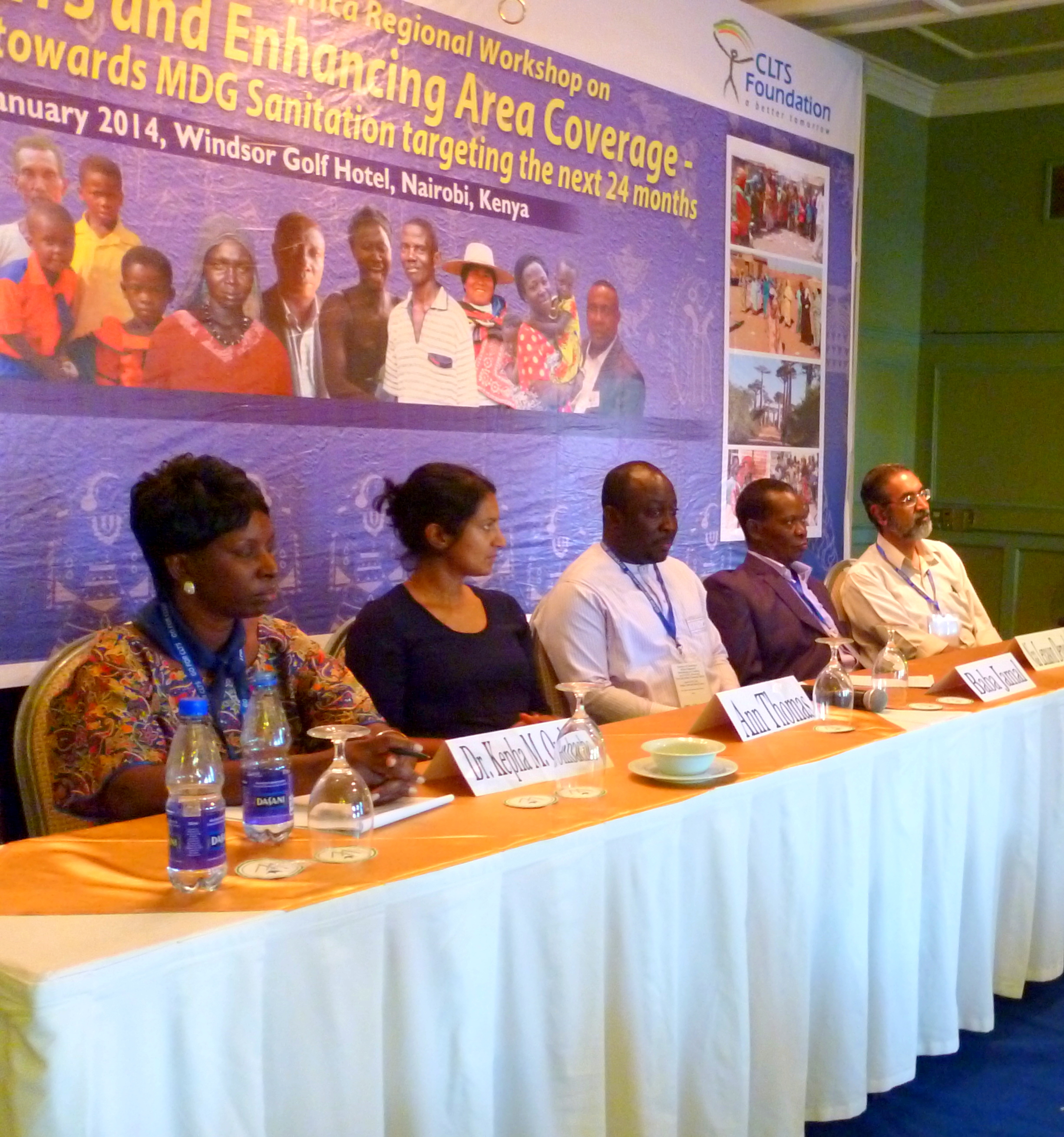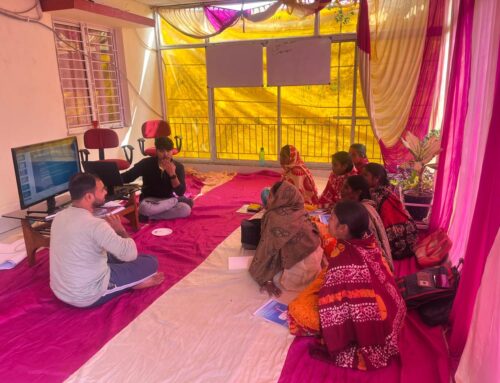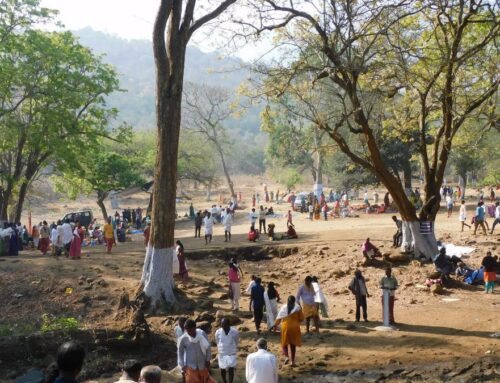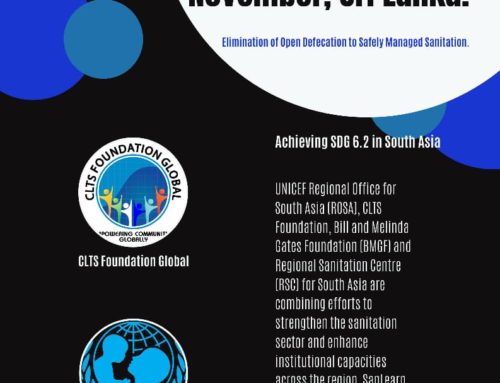Day 2
Technical Session III
Operationalizing the National Strategy and tapping the opportunities of local potential actors.
Day two of the workshop began with three detailed presentations. Madagascar described the wide array of local level actors who are brought into the process to inspire their neighbours and systematically take CLTS further out and to more people. Sudan, in a second presentation, like Madagascar also shared some of the ways one group of these actors, Natural Leaders, can be motivated to stay involved.
Next, there was an in depth discussion of the challenges as well as the prospects for monitoring of CLTS progress. The importance of monitoring was emphasised for:
- o knowledge management,
- o learning and adapting
- o Feeding into sustainability issues as evidence is generated of ODF and its effects.
The Kenya delegation offered the details of its ambitious and thorough Monitoring and Evaluation plan for ODF Rural Kenya Campaign 2013, which aims to create regular data flows from the bottom up. Some suggestions were offered for addressing the many challenges involved in generating an accurate and quality M&E system, including on methods for triangulation, and on the need for rapid capacity building.
Technical Session IV
CLTS for Larger Health Outcomes and other MDG targets
This session brought out the many potentially fruitful avenues for linking CLTS with other sectors and objectives. Three presentations described:
- From Madagascar – the Knock on effects or impacts of CLTS on non-sanitation / health issues like food security and livelihoods. Examples included food security enhanced by better collection of the Soanambo fruit which no longer falls into OD ground, a restaurant built on previously OD area, and the economic activity generated locally by an emerging market in sanitation.
- From Guyana – Using CLTS methods for knock-on issues, such as the drive for Open Garbage Disposal Free solid waste management practices. The “Cleanliness and Citizenship” initiative here has begun using CLTS tools to generate behaviour change in waste management in the context of vulnerability to flooding.
- Links between nutrition – or malnutrition – and OD, in particular recent research showing that “54% of international variation in child height can be explained by OD practice.” Recognising this linkage provides the opportunity to recognise the common objectives of these sectors and for each to draw on the resources of the other.
Technical Session V “Running the last miles – what can we achieve in the remaining 24 months” saw each country group integrating learnings relevant to their specific situation into a roadmap for taking CLTS forward over the next 2 years. A number of very practical strategies were identified and time commitments established.
In the closing session, the emphasis was on using the learnings available from experiences across the region to move forward with the sanitation agenda. Guest of Honour, Baba Jamal Mohammed Ahmed, Deputy Minister, Ministry of Local Government and Rural Development, Government of Ghana summarised, “This is not about you, and it is not about me; it is about humanity.”






Leave A Comment